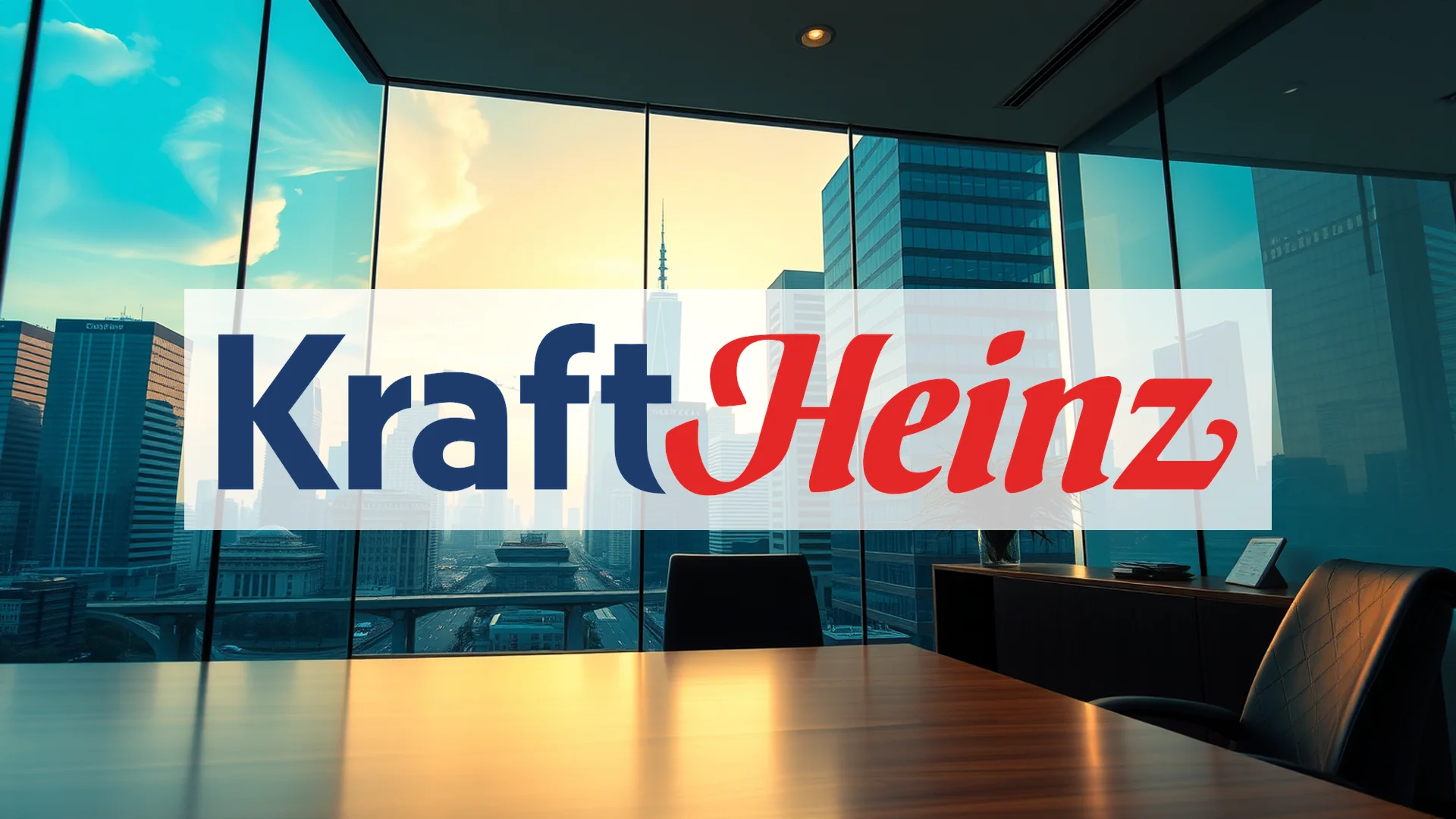One of the largest food industry mergers in history is now being systematically unwound. Kraft Heinz has initiated plans to dismantle its 2015 corporate combination, separating into two distinct publicly traded entities. This strategic reversal raises a fundamental question: can fragmentation achieve what consolidation failed to accomplish?
Strategic Rationale and Corporate Structure
The separation, expected to conclude by the second half of 2026, will occur through a tax-free spin-off. The move aims to create two focused companies with divergent strategic paths.
The first entity, named “Global Taste Elevation Co.,” will concentrate on high-growth categories including sauces, dressings, and spreads. This portfolio features powerhouse brands such as Heinz Ketchup, Philadelphia cream cheese, and Kraft Mac & Cheese. This segment reported net sales of $15.4 billion in 2024, generating approximately 63.5% of the company’s adjusted EBITDA.
A second company, “North American Grocery Co.,” will house traditional staple food products including Oscar Mayer meats, Kraft Singles cheese, and Lunchables. This division recorded $10.4 billion in revenue during 2024. Current CEO Carlos Abrams-Rivera will lead the North American Grocery business, while the board continues its search for a chief executive to helm the Global Taste Elevation division.
Management acknowledges significant costs associated with the separation, estimating approximately $300 million in dis-synergies affecting manufacturing, information technology, distribution, and administrative expenses.
Wall Street’s Divided Response
Financial analysts expressed mixed reactions to the announcement. On September 3, investment bank Morgan Stanley upgraded Kraft Heinz from Underweight to Equal Weight while slightly raising its price target. Their analysis suggests “the worst is behind” the company and that the separation provides enhanced strategic flexibility.
Other institutions maintained more cautious positions. Piper Sandler retained its Neutral rating, noting that a corporate split doesn’t resolve fundamental challenges in difficult product categories. Stifel maintained its Hold recommendation while actually reducing its price target.
Should investors sell immediately? Or is it worth buying Kraft Heinz?
Notable Shareholder Dissent
Warren Buffett, whose Berkshire Hathaway holds a 27.4% stake as the largest shareholder, publicly expressed disappointment with the decision. During a CNBC interview, the typically reserved investor acknowledged that the 2015 mega-merger was “not a brilliant idea” but emphasized that breaking up the company wouldn’t address its underlying operational problems—a rare public critique from the influential investor.
Industry Pressures and Performance Challenges
This corporate restructuring reflects intense pressure facing traditional packaged food companies. Consumer preferences are shifting away from highly processed products toward natural alternatives. The “Make America Healthy Again” (MAHA) initiative promoted by Health Secretary Robert F. Kennedy Jr. has intensified scrutiny of artificial ingredients—precisely the categories where many Kraft Heinz products compete.
The company has reported declining organic sales for seven consecutive quarters. Additionally, second-quarter 2025 results included $9.3 billion in non-cash impairment charges driven by persistent market valuation declines. Kraft Heinz shares have significantly underperformed the broader food industry index.
Despite recent revenue challenges, free cash flow showed notable improvement last quarter. The company reaffirmed its full-year financial guidance.
Following an Industry Pattern
The separation aligns with a broader industry trend toward corporate fragmentation. Kellogg completed its division into Kellanova and WK Kellogg during 2022-2023, with both resulting entities subsequently outperforming Kraft Heinz.
According to Executive Chair Miguel Patricio, the complexity of the current corporate structure has hindered effective capital allocation and initiative prioritization. The separation is designed to provide both new companies with sharper strategic focus and enhanced operational agility.
The critical question remains whether this corporate division represents genuine operational transformation or merely financial engineering, as suggested by Buffett. The market will likely require several quarters to render its verdict on this strategic gamble.
Ad
Kraft Heinz Stock: Buy or Sell?! New Kraft Heinz Analysis from February 8 delivers the answer:
The latest Kraft Heinz figures speak for themselves: Urgent action needed for Kraft Heinz investors. Is it worth buying or should you sell? Find out what to do now in the current free analysis from February 8.
Kraft Heinz: Buy or sell? Read more here...











